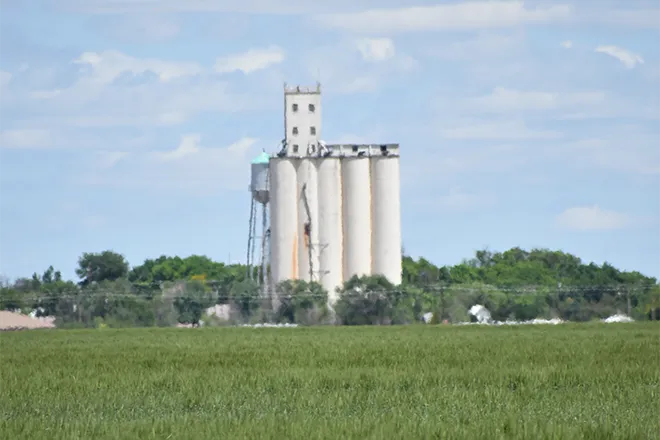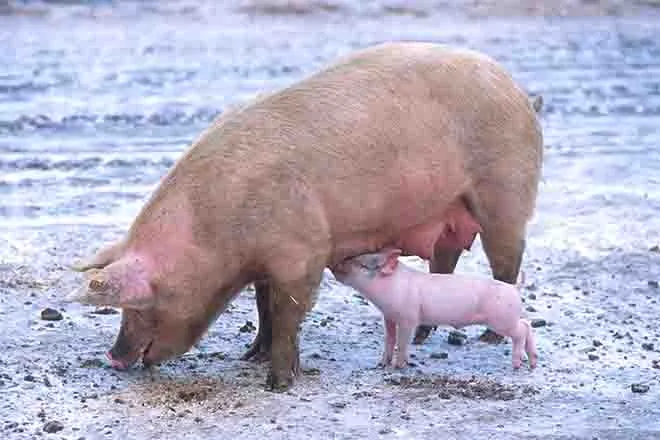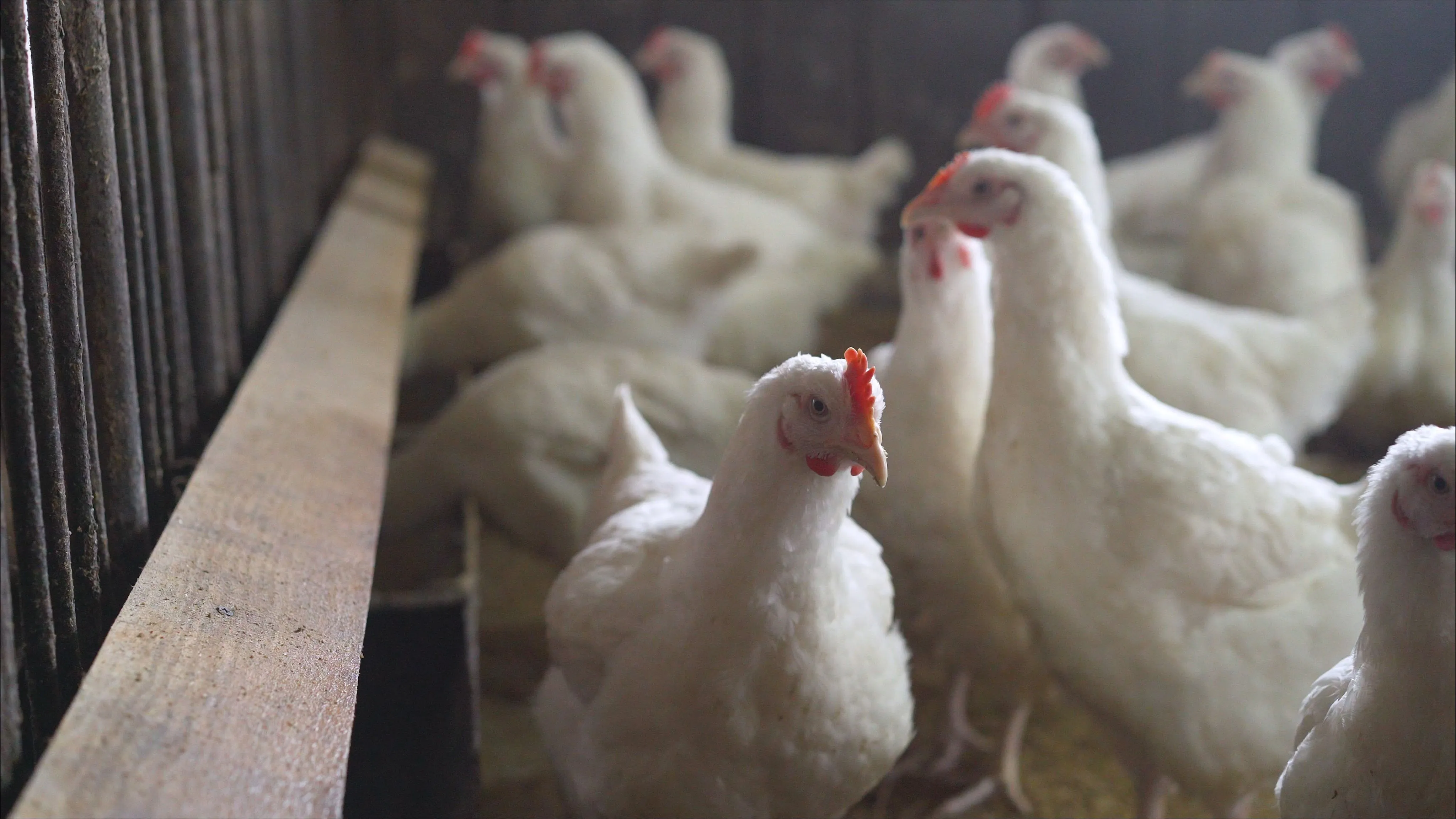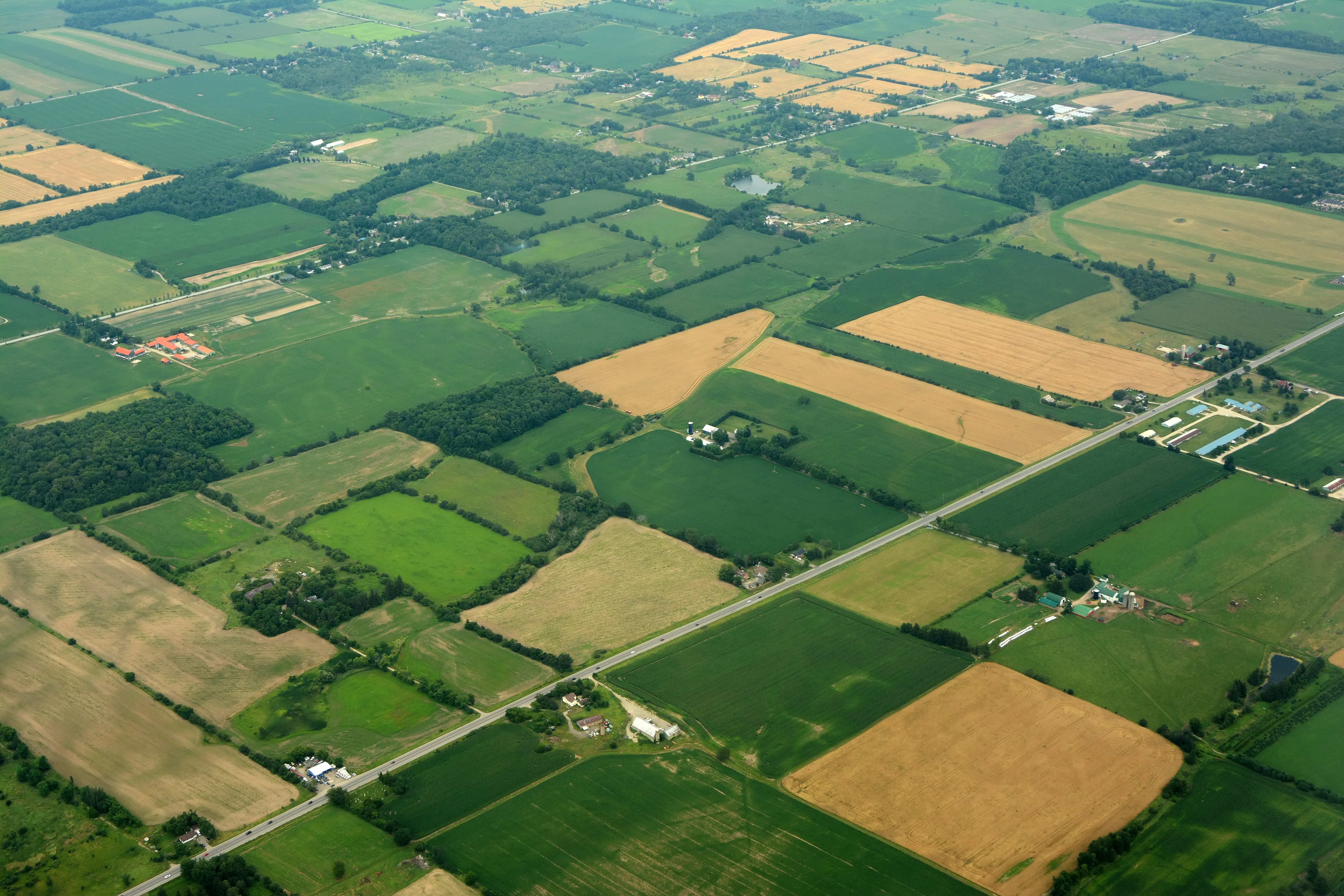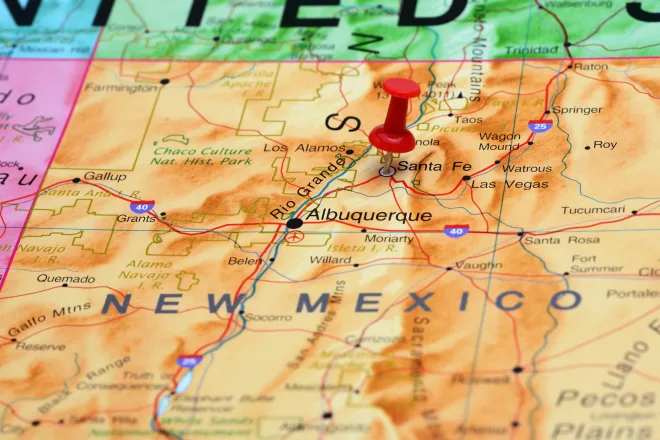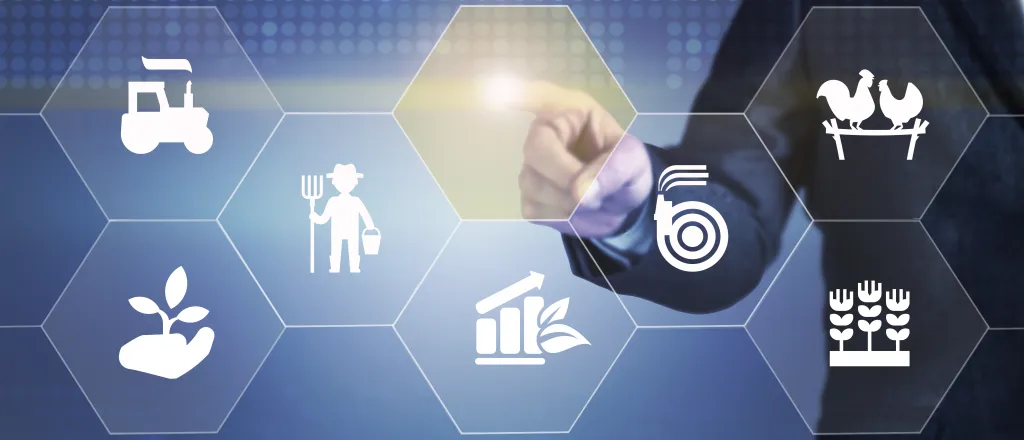
Microloans Available to Beginning Farmers and Ranchers
© iStock - denizbayram
As someone who grew up in rural Iowa, I know about the importance of working capital to prospective new farmers and ranchers. Now, for qualified applicants, that capital is available. Individuals with a dream to farm have acted by the thousands to take advantage of a USDA Farm Service Agency (FSA) program that provides “Microloans.” You may be able to do it, too.
The Farm Service Agency Microloan Program was started in early 2013 and according to a July 2017 report, interest in the program has grown substantially, producing over 27,000 loans with a total value of almost $613 million. As exciting, beginning farmers received 72 percent of the loans; and members of socially disadvantaged groups (women, racial and ethnic minorities), and veterans, accounted for 35 percent of the total loan volume.
USDA Microloans provide up to $50,000 to qualified producers, and are loaned to the applicant directly from the FSA.
Here are a few examples of farmers who have received a USDA microloan:
Mike and Karen Minnis of Memphis, were Tennessee’s 2016 Small Farmers of the Year. They are the founders and operators of the Landmark Farmers Market and the Landmark Training Development Company.
Their operations are located in Orange Mound in Memphis. In addition to the farmers market, they have three gardens and a food pantry. Their mission is to create a sustainable agricultural environment in their community, teach young people how to farm and to eradicate childhood malnutrition.
The Minnis’ have participated in the FSA microloan program to purchase equipment and to help with crop production expenses.
“Microloans help small businesses. The agriculture business in general is a risk because you’re at the mercy of Mother Nature to a certain extent,” said Mike. “You typically don’t have a big payday, you just hope that you can break even. Until you can do that, the microloan helps you plant your crop, harvest, market your produce and generate income.

Thao used a USDA Microloan to purchase livestock to graze the 40 acres of pasture and diversify his operation.
Koua Thao, originally from Laos in Southeast Asia, raises breeder hens in Miller County, Arkansas. He worked at a print shop before venturing into agriculture.
“Agriculture is in my blood,” said Thao. “My family has always done agriculture and agriculture is interesting to me. I like being outside and to work alone.”
Thao used a USDA Farm Service Agency (FSA) Guaranteed Farm Ownership loan in 2005 to purchase a breeder hen farm with two hen houses on 40 acres in Miller County.
“I feel like I can run my own business and get a lot of support from chicken companies,” said Thao.
Thao’s hen farm sits on 40 acres and last year he visited with Gene Horne, FSA Farm Loan Manager, about purchasing cattle to graze the pasture. Thao was approved for a USDA Microloan and he purchased 22 cows and one bull to supplement his income and to graze the pasture.
Thao learned about FSA loans through the Natural Resources Conservation Service (NRCS). He used NRCS programs to build high tunnels, install a micro irrigation system, construct an incinerator and build a litter stacking shed.
“Koua is a hard worker and obviously takes care of his cattle,” said Horne. “His cows are fleshy and look good. He’s new to the livestock business but is willing to put in the work.”
Meg and Joel Wittenmyer began farming six years ago when they moved from Colorado to Dunn County, Wisconsin and purchased 20 acres. Meg purchased a couple of goats because she wanted to become more sustainable and produce her own dairy for her family.
The Wittenmyers started making their own cheese when the goats produced extra milk. Now their farm has grown to a herd of 12 goats, they operate a farmstead creamery, only making the cheese from the goats raised on the farm.
According to Meg, the creamery operation would not have been possible without the assistance of a Farm Service Agency (FSA) microloan. By using the microloan to renovate an existing building and purchasing equipment to make the cheese, the Wittenmyers were able to achieve their goals.
“This is definitely the way to go for beginning farmers and small farmers like me,” she said. “I was really glad it was available.”
Jerry Trainor, owner of Trainor’s Maple Syrup, has been involved in agriculture his entire life. Growing up, he helped his father collect maple sap from about 200 trees. Many things have changed over the years, but Jerry is still tapping trees – just a lot more of them.
About four years ago, Jerry worked with the Dunn County FSA office to obtain a microloan to improve equipment to increase his maple syrup production and efficiency. With help from the microloan program, Jerry was able to obtain the resources to increase production up to 4,000 taps. This allows him to bottle approximately 600 gallons of syrup per year.
“I am a veteran and a small farmer, it’s hard to get a traditional lender to understand your operation and what your income is,” Trainor said. “My farm loan officer sees my operation from a different perspective; he just understands. The office is there to help a small producer.”
This program provides a streamlined way to apply for and receive funds for projects ranging from urban agriculture to land, building and equipment purchases. FSA designed the program to simplify the application process, expand eligibility requirements and expedite smaller real estate loans to help farmers strengthen their operations.
To find out more contact any Farm Service Agency Office or check out the Microloan Program information on the FSA website.


